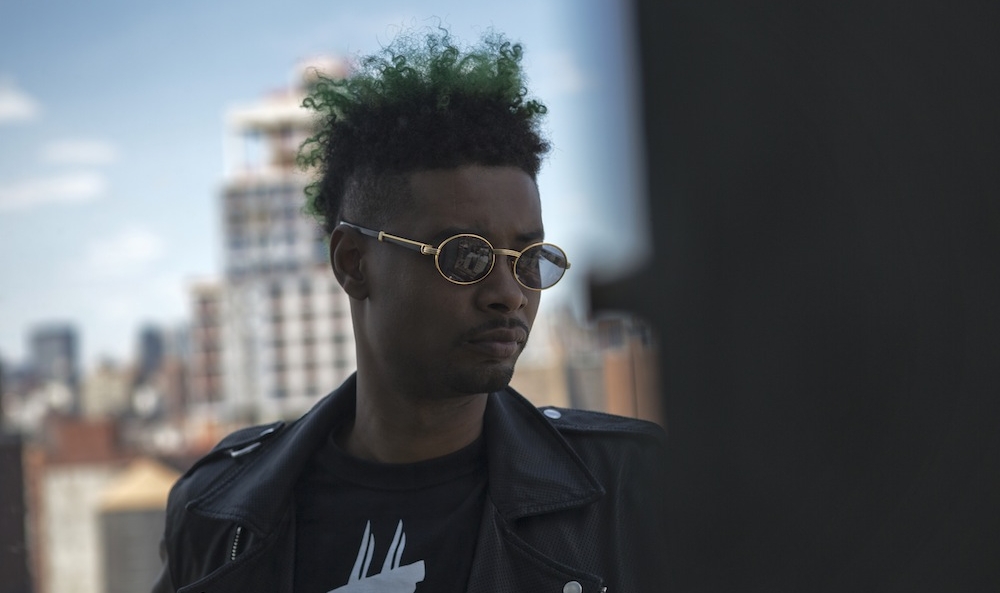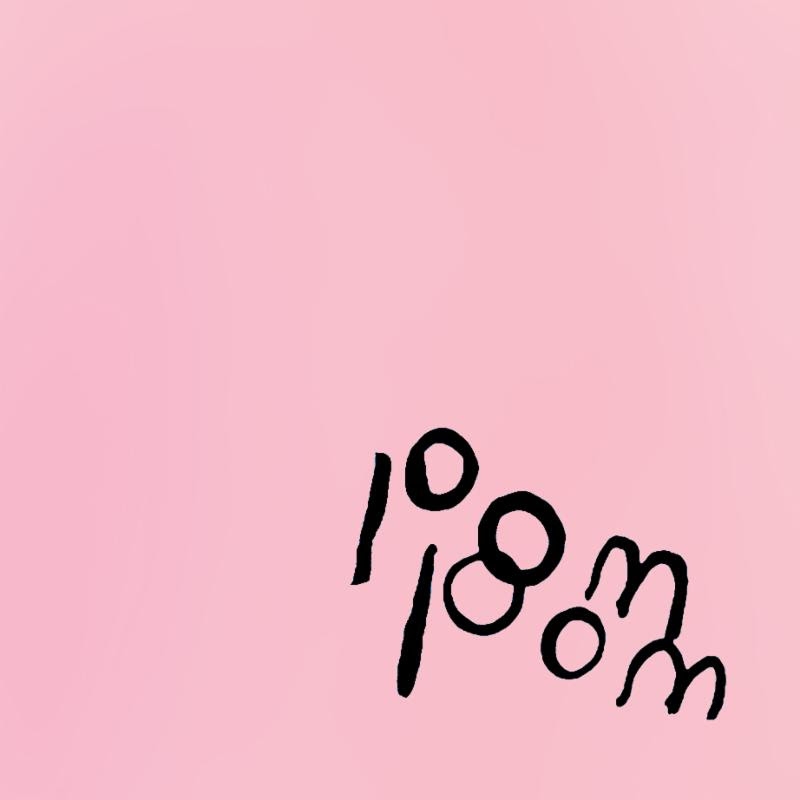Born in Detroit, Brown’s love for Dr. Seuss developed a childhood habit of talking in rhymes. The increasing popularity of hip hop in the mid-’80s sparked the interest of a young, rhyming Brown who decided rap was what he wanted to pursue, well before it had become a popular career option for kids. Taking piano lessons and playing the trumpet in a band, he admits he gave “that shit up” because of peer pressure. He explains most of his friends had begun their involvement in the streets and made him feel like he was a “nerd.” Following suit at the age of ten, he also became involved in the streets and dealing, despite his family’s attempt to keep him inside the house. Sheltering his family from his involvement, trouble with the law and violated probation, however, eventually resulted in an eight month jail sentence which he finished in 2007. He describes that period in jail as his lowest point, and it is what ultimately sparked him to actively pursue his rap aspirations.
“You alone,” he says. “You just feel dead. You feel no connection to the outside world at all. And I wasn’t the type of person who wanted to write letters or talk on the phone. I was dead. My dad came and visited me every now and then, but that would make me feel worse than I was. I really didn’t connect with any outside world. Once I was in jail, I was living that lifestyle. Like gladiators do: barbaric shit.”
Upon his release, he decided it was now or never and chose to invest wholeheartedly in music. Brown previously began his career in 2003 with a rap group called Rese’vor Dogs. They’d achieved a certain level of success locally, receiving mild rotation on Detroit radio stations for their lead single, Yes. After his release from jail, Brown caught the attention of Jay Z’s label, Roc-A-Fella, through an A&R while recording in other artists’ studios in New York. The Roc-A-Fella situation fell through, however, so Brown returned to Detroit. In 2010, he befriended Tony Yayo of G-Unit and 50 Cent was seriously considering signing Brown to his label. He was a fan of the music, but not his skinny jeans/vintage rock image. 50 eventually decided Brown would not fit their brand if he kept his style. Remaining true to his roots, Brown did not attempt to change his clothes in order to sign a deal, and instead he kept it moving. Addressing the issue in 2012, Brown commented to MTV: “I understand where they were coming from with that, but you gotta understand where I’m coming from too: I’m from Detroit.” This attitude he attributes to his age and a strong sense of self.
“Being 33 years old, I know myself,” he says. “I know who I am. I know what I want to do. A lot of them [rappers] are still kids; they haven’t even found themselves as adults. They still don’t even know who they are. Some of them may not even want to rap five years from now. Jail, being in the streets, hustling, working a real job before – I’d rather die chasing a dream, than die being a machine for somebody else.”
Having written prolifically in prison, Brown used that material along with newly written work to record and release four volumes of his Detroit State of Mind mixtape series. It wasn’t until his first solo independent album The Hybrid, however, when Brown began to use his trademark high pitched voice. He claims it was that album where he found his voice, and it was a statement affirming that he can rap in every style.
Despite the various setbacks he faced, Brown always remained positive about a music career saying he never considered giving up. “I had certain things that would discourage me, but what would I do?” he explains. “I just knew how to do it. In my heart and in my mind, I felt everything I was doing was right. [I knew] eventually I’ll get my time. And I felt like it was always the music I was making at that time that was going to be the most pinnacle shit, because when I do get cracking, people are going to be able to go back and hear I was always good.”
He soon signed to independent label Fool’s Gold under the recommendation of A Tribe Called Quest’s Q-Tip. As a free download, he released his second studio album XXX. This received a wealth of critical attention and praise. Spin Magazine labelled it the best hip hop album of the year; Pitchfork gave it 8.2 out of 10 and ranked it as the 19th best album of 2011. Brown’s third album Old similarly racked up positive critical reception, which Brown admits feels great. He also argues in some sense, the critics bring you fans, especially the certain kind of fans that he’d like to listen to his music. He explains, “’Cause I’m a person who really reads reviews, and if I’ve never heard of you before and this is a publication that I trust their opinion on, and they say the album is good, then I’m gonna go check it out. I got put on something new, by a critic.”
He says if he could collaborate with anyone, it would be Chic’s Nile Rodgers. Rodgers has never really been in hip hop, but Brown argues the bass line would be “dope” in a real hip hop song. On his career highlights, he appreciates he’s still able to be around as a musician, and that every year improves. “I’m just so happy to be involved with Paul Rosenberg [music manager]. He changed my life so drastically, so I would say that’s one of the highest points, with him recognising and wanting to work together. Now I own a big arse house, and before then, I just had a lean addiction in my dirty apartment full of pizza boxes and shit on the floor.”
Brown’s been vocal about his love of being part of an independent lineup, and isn’t actively trying to sign to a major label. Though he does admit he’d never say never, he explains at this time in his career, and considering the kind of music he makes, he’s cool on his own. “I don’t want nobody having the hand in my music and I want full creative control of what I do,” he says. “But if somebody understands that and wants to give me a big cheque – hey.”
Hugely popular in the international market, particularly London, Brown tours extensively throughout Europe, and is now returning once more to Australia. A big fan of our seafood (he attributes it to his Pisces zodiac sign); Brown says he loves the weather and people. “I’m always excited to play music to people who want to hear my music and to see the type of people getting into the stuff that I’m doing,” he says.
Sufficed to say, as much as Danny Brown is known to be outlandish, he remains an impressive artist with a solid knowledge of music and its publications. But still, there’s always crazy with Danny Brown, and somewhere during the last minute of our interview he dropped that one of his wildest experiences was when he kidnapped someone. “I didn’t really do it, my friend did,” he says, trying to calm my surprise. “But when I came back to where we was at, there was somebody there, tied up.”
“A hostage?”
“Yeah. That was one the craziest things in my life. Like, what the fuck?”
BY TAMARA VOGL







